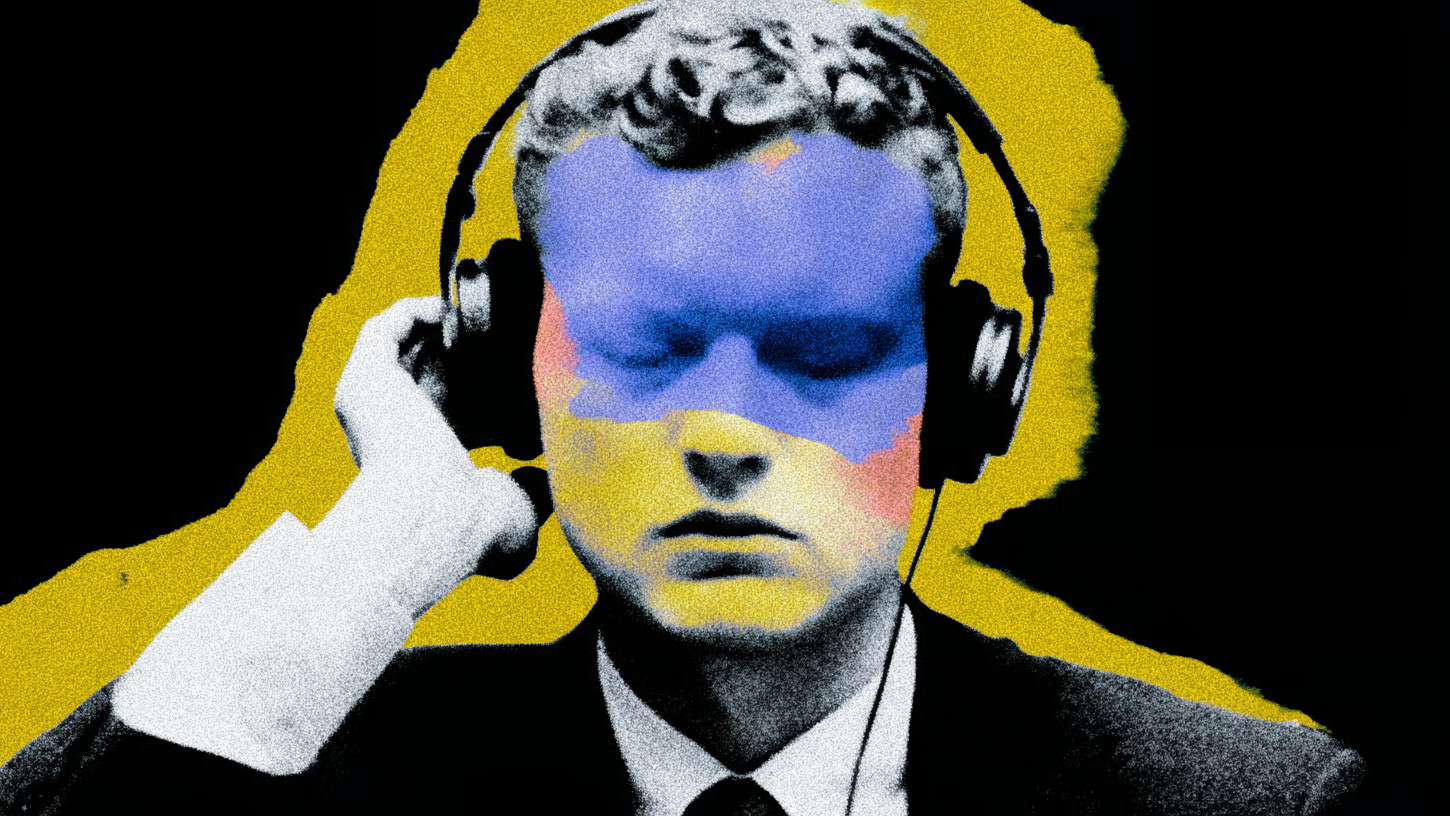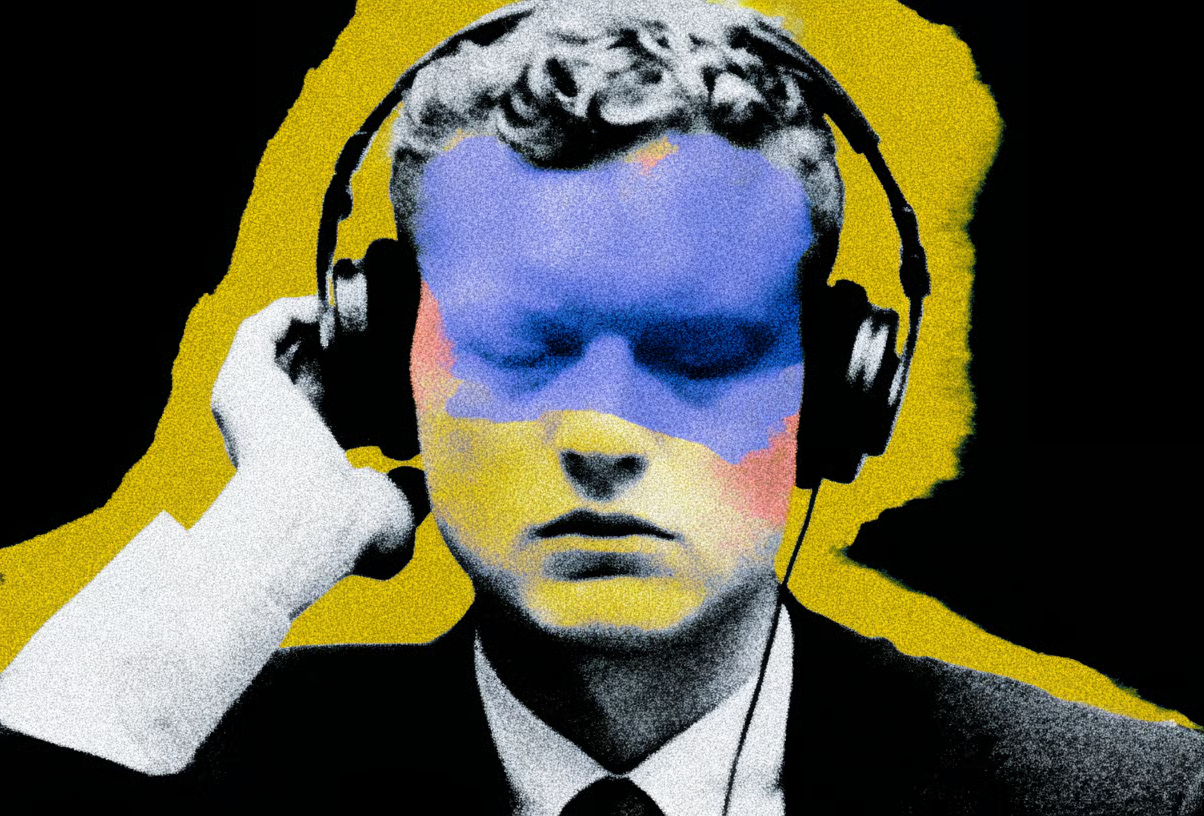The AI industry’s budding relationship with the music sector has hit a snag.
A Munich court ruled that OpenAI violated German copyright laws after ChatGPT reproduced lyrics from popular German songs. The case, filed by German music rights group GEMA, claimed OpenAI trained ChatGPT on nine unlicensed tracks, including Herbert Grönemeyer’s “Männer” and “Bochum.”
As part of the ruling, OpenAI must pay an undisclosed fine. The company disputes the verdict, arguing ChatGPT’s lyrical reproductions stem from training on vast datasets—not individual songs—and that users are ultimately responsible for what’s generated through prompting.
Still, the decision underscores how European courts interpret AI’s production of lyrical outputs as copyright violations, cementing the EU’s strict stance on data privacy and IP protections.
The ruling diverges from the music industry’s recent embrace of AI amid ongoing debates over training data. Just last week, University Music Group, a major record label, forged a partnership with Stability AI to build AI-tools for music creation that will support the “creative and commercial success” of artists shortly after UMG’s settled a copyright lawsuit with AI music platform Udio.
That same week, performance rights organizations BMI, ASCAP and SOCAN revealed they’re accepting registrations for music that blends AI-generated music with human authorship.
Music listeners seem increasingly open to songs touched by AI. In September, Xania Monet became the first AI-generated artist to land a multimillion-dollar record deal, with R&B hits like “Let Go, Let God” charting on Billboard airplay. A recent study even found that over half of listeners couldn’t distinguish AI-generated songs from human-made ones.
The question now isn’t whether AI will shape music, but whether it can withstand pushback from the very industry it hopes to transform.

